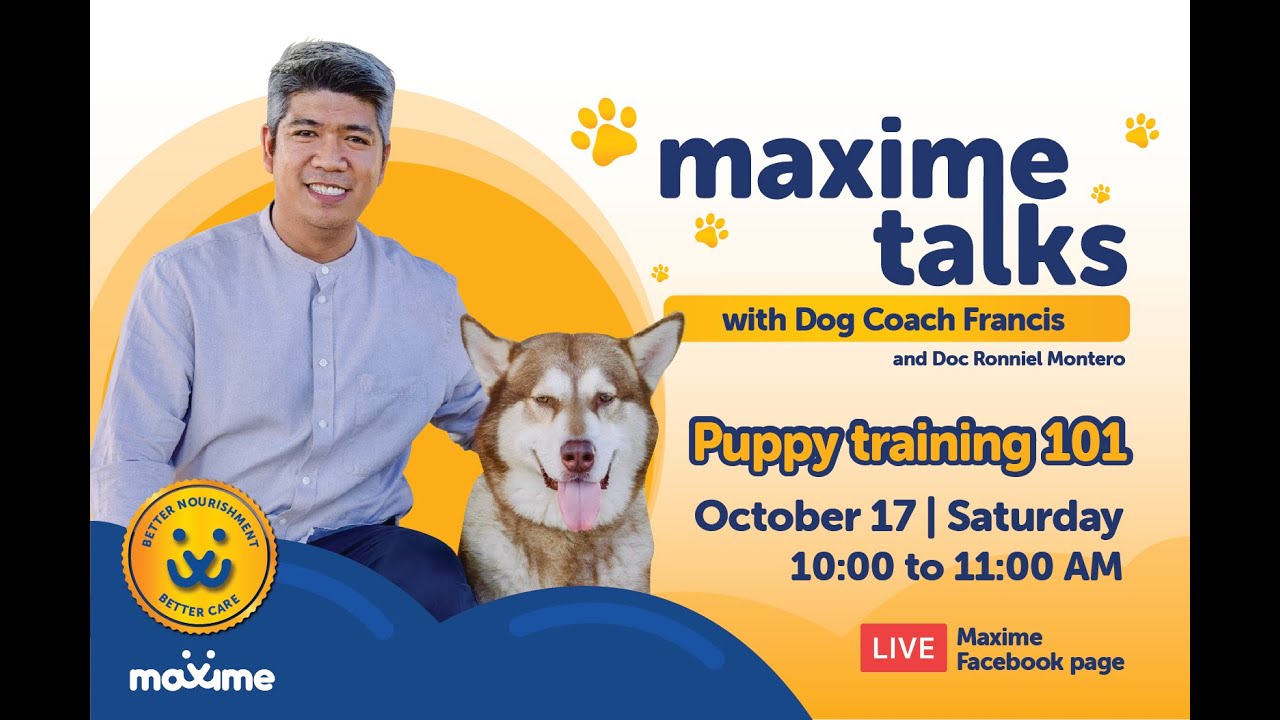You might remember the movie “Snow Buddies,” all about adorable Golden Retriever puppies. Behind the scenes of the 2008 movie, something really sad happened. A bunch of those puppies got sick with parvovirus, and sadly, five of them didn’t make it. Fifteen others were really unwell too, and they were also fighting off parasites. It’s a heartbreaking reminder of how dangerous this disease can be for young pups.
What’s the Deal with Parvo?
Think of parvovirus as a super contagious digestive bug, but times ten and way more serious. It messes with their bellies big time, causing really bad vomiting and diarrhea (frequently with blood). But it also sneaks into their immune system (a big part is in the gut) and messes with their ability to fight off other infections (severe lack of immunity). This virus is tough – it can hang around in the environment for ages (several months), which is why it spreads so easily.
Why Little Pups are at Risk
Puppies are especially vulnerable because their little immune systems are still learning how to do their job. They get some protection from their moms at first, but that doesn’t last forever. That’s why getting them frequently vaccinated at the right time is absolutely crucial. Even with vaccination, it takes several weeks for the immune system to be strong enough.
When a puppy gets parvo, it’s rough. Imagine the gut flu you’ve ever had, but it’s making them super dehydrated and weak. Because it also weakens their immune system, they can get hit with other infections at the same time. Without help from a vet, parvo is often fatal for puppies. It’s scary stuff.
The Good News: We Can Help on This!
That sad story from the “Snow Buddies” set really hits home. The best way – by far – to shield our puppies from this awful disease is through vaccination.
Think of the parvo vaccine as giving your puppy’s body a heads-up. It shows their immune system what the virus looks like so if they ever encounter it for real, their body knows exactly how to fight it off.
Usually, puppies get a series of parvo shots starting when they’re around six to eight weeks old. They need a few boosters every three to four weeks until they’re about four months old. It might seem like a lot of trips to the vet, but it’s so worth it. Those multiple doses make sure they build up strong protection, even if their mom’s initial protection is still hanging around.
Often, the parvo shot is part of a combo vaccine – you might hear it called DHPP or DA2PP. This one shot protects them from other serious doggy diseases too including:
- Distemper: A nasty virus that can mess with their breathing, tummy, and even their brain.
- Adenovirus: Can cause liver problems and respiratory issues.
- Parainfluenza: A big player in kennel cough.
Other Ways to Keep Pups Safe (Especially Before They’re Fully Vaccinated)
While those shots are the big guns, there are other things we can do to protect young pups:
- Keep them separated: Until they’ve had all their puppy shots, it’s best to keep them away from other dogs you don’t know and avoid places where lots of dogs hang out.
- Cleanliness matters: Wash your hands after being around dogs, and if you know a puppy has been sick, disinfect surfaces with a diluted bleach solution (keep your puppies away from pure bleach).
- Don’t wait if they seem sick: If your puppy is acting super tired, not eating, throwing up, or has bloody diarrhea, get them to a vet ASAP. The sooner they get help, the better their chances.
The “Snow Buddies” puppies are a tough reminder of why we need to be so careful with our little guys. Getting them vaccinated is one of the most loving and responsible things we can do as pet owners. And speaking of giving our puppies the best start, Maxime Elite is a fantastic way to boost puppy immunity. Maxime Elite is enriched with DHA for brain development and several prebiotics for gut health, which helps strengthen their immune system against diseases like parvovirus.
It’s all about helping them grow strong, healthy, and happy. Let’s make sure all our furry family members are protected!
Frequently Asked Questions About Parvovirus in Puppies
Q1: What is parvovirus?
A1: Parvovirus (Parvo) is a highly contagious and severe viral disease in puppies, causing severe vomiting and bloody diarrhea. It also weakens their immune system, making them vulnerable to other infections.
Q2: Why are puppies particularly vulnerable to parvo?
A2: Puppies are susceptible because their immune systems are still developing. While they get some initial protection from their mothers, this fades, leaving them exposed without vaccination.
Q3: What are the symptoms of parvo in puppies?
A3: Symptoms include severe dehydration, weakness, intense vomiting, and diarrhea (often bloody). Because it also compromises their immune system, secondary infections are common. Parvo is often fatal without prompt vet care. In-patient is almost systematic.
Q4: How did the “Snow Buddies” movie relate to parvovirus?
A4: During the filming of “Snow Buddies,” several puppies contracted parvovirus. Sadly, five died, and fifteen others became seriously ill, highlighting the disease’s danger.
Q5: What is the most effective way to prevent parvovirus in puppies?
A5: Vaccination and hygiene are the most effective prevention methods. It trains their immune system to fight off the virus if exposed.
Q6: What is the typical vaccination schedule for parvo?
A6: Puppies usually start parvo vaccinations around six to eight weeks old, with several booster shots every three to four weeks until about four months old.
Q7: Is the parvo vaccine given alone?
A7: The parvo vaccine is often part of a combination vaccine, like DHPP or DA2PP, which also protects against Distemper, Adenovirus, and Parainfluenza.
Q8: What are other ways to protect puppies, especially before they are fully vaccinated?
A8:
- Keep them away from unknown dogs and high-traffic dog areas.
- Practice good hygiene: wash hands after handling dogs and disinfect surfaces with diluted bleach if a puppy has been sick.
- Seek immediate vet care if your puppy shows symptoms like lethargy, appetite loss, vomiting, or bloody diarrhea.
Q9: How can nutrition help boost a puppy’s immunity against diseases like parvovirus?
A9: A high-quality diet, like Maxime Elite, can boost immunity. It’s enriched with DHA for brain development and prebiotics for gut health, which helps strengthen their immune system.
Source: https://www.complex.com/pop-culture/a/andrew-gruttadaro/snow-buddies-killed-five-puppies




